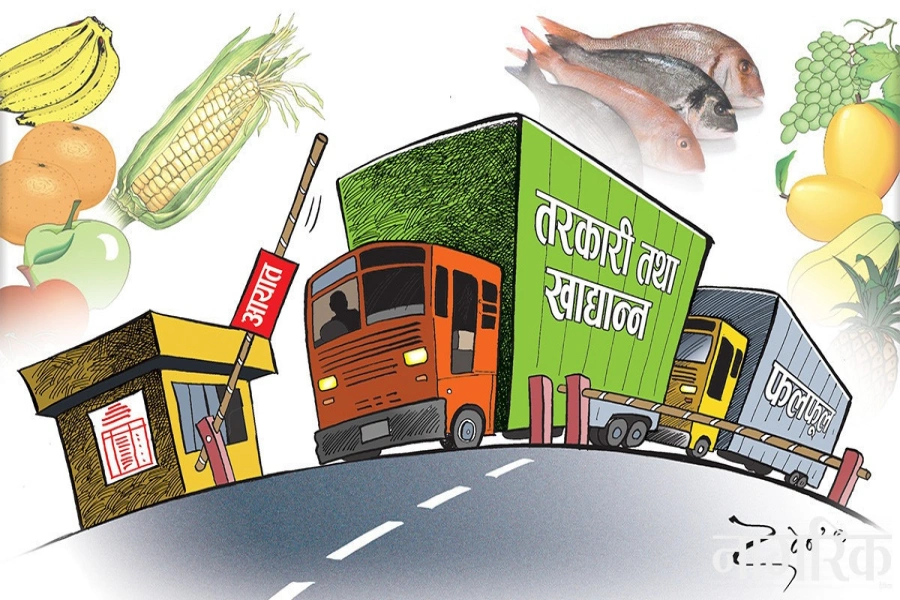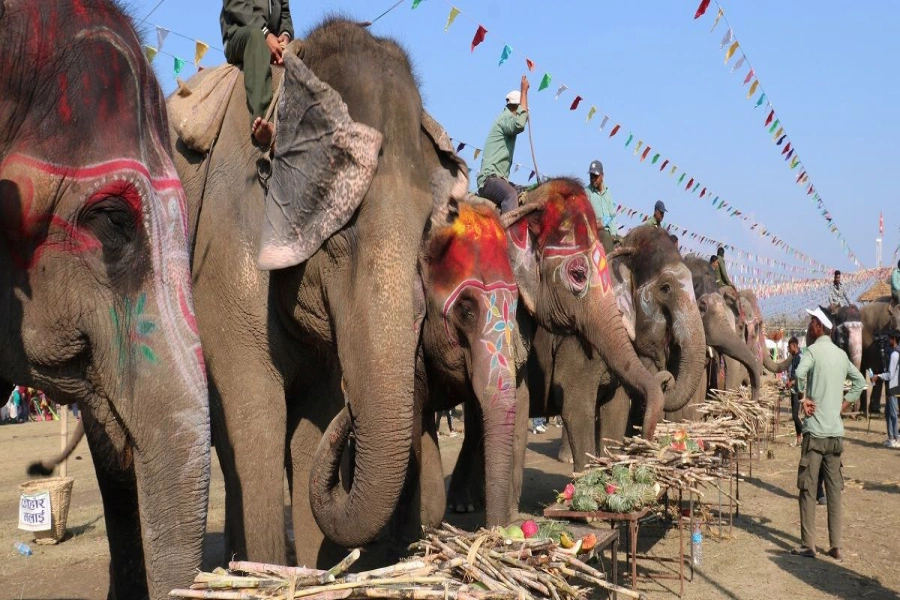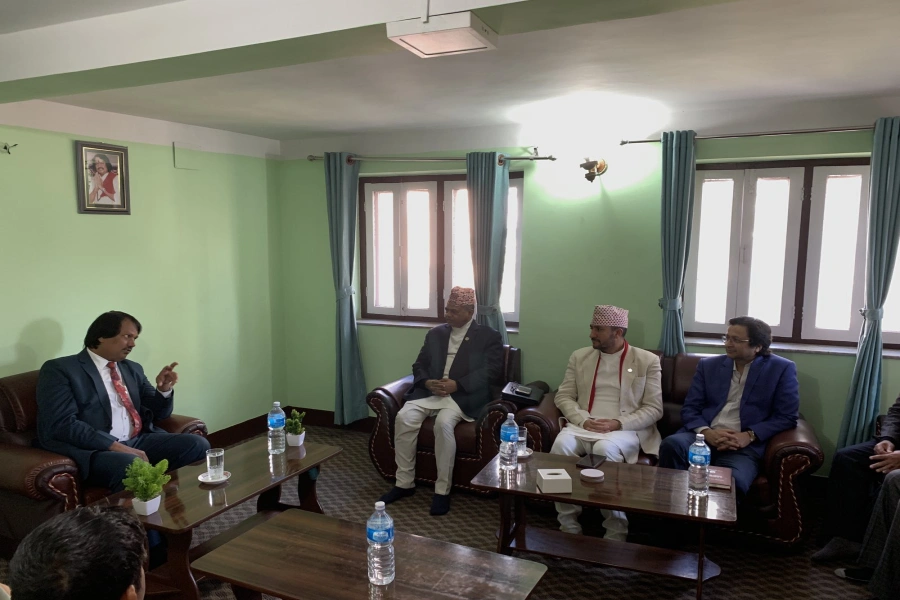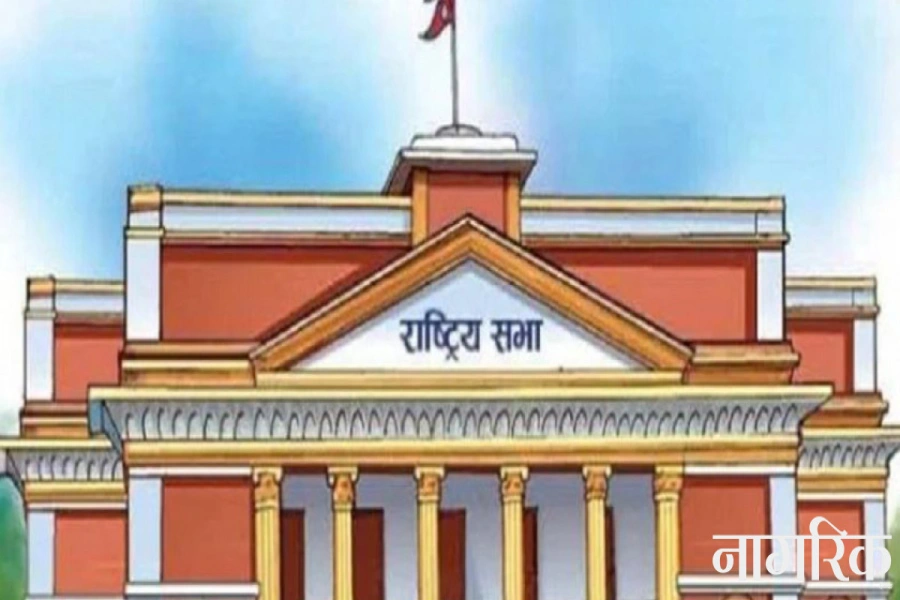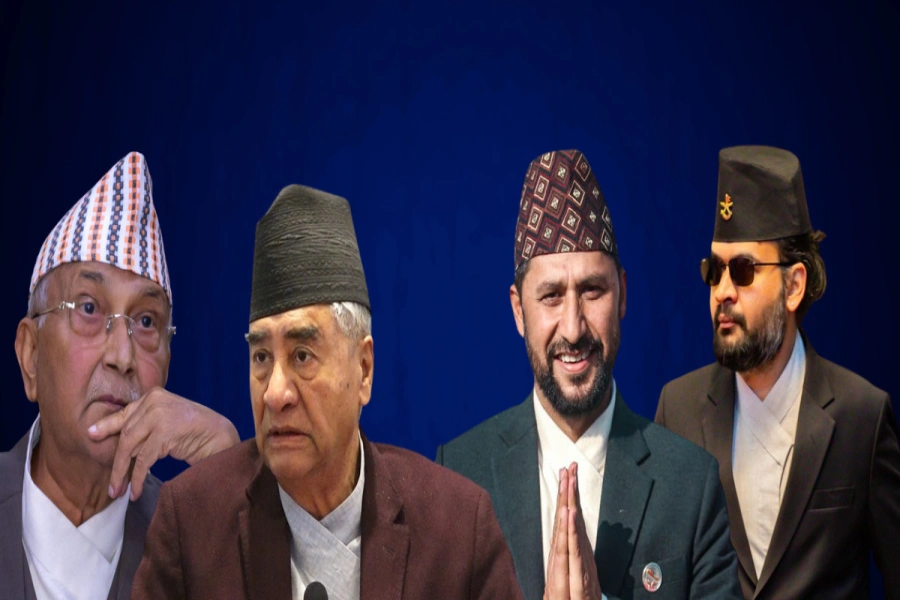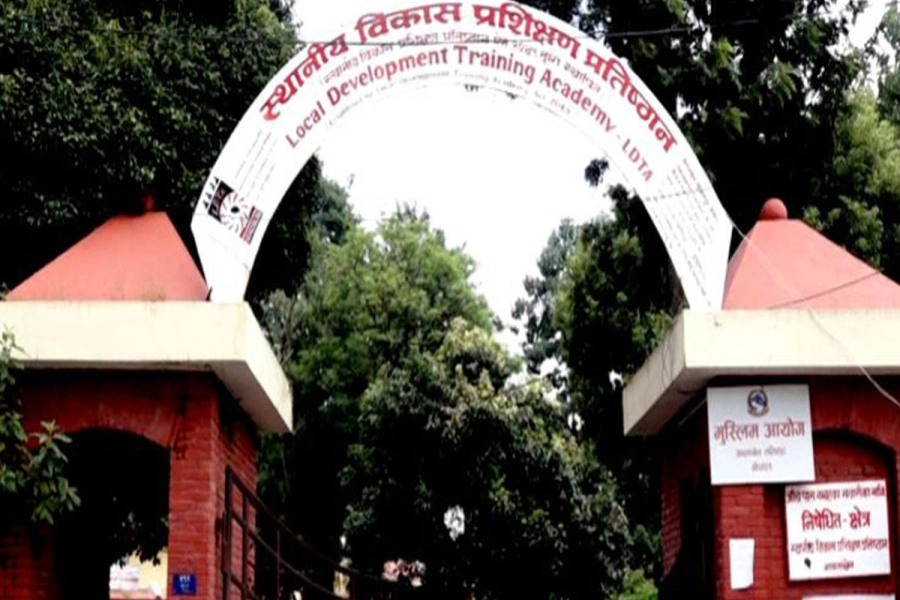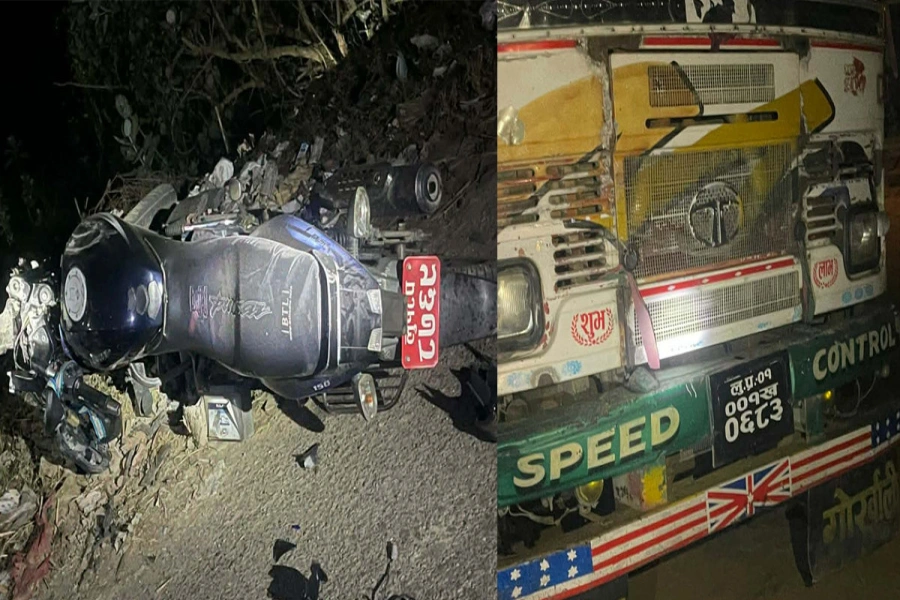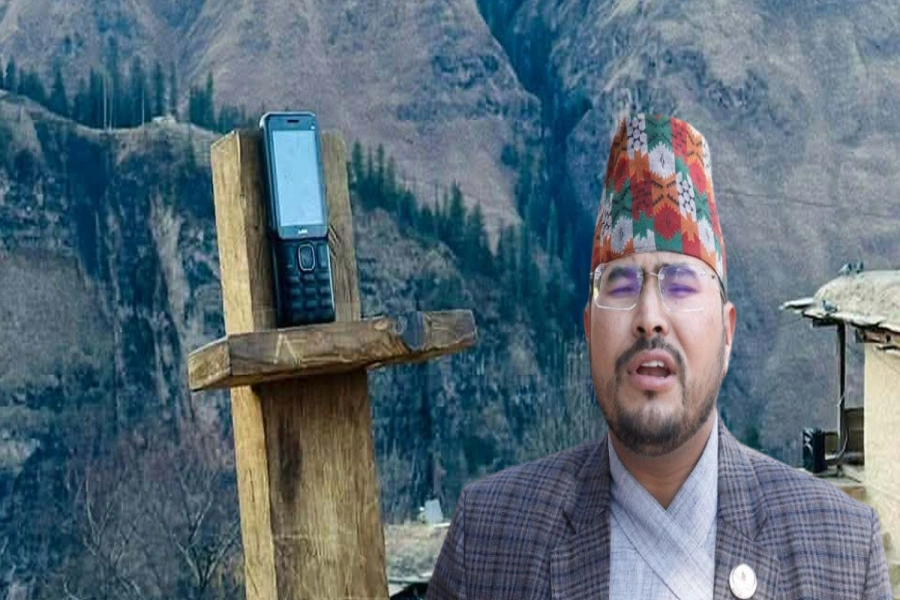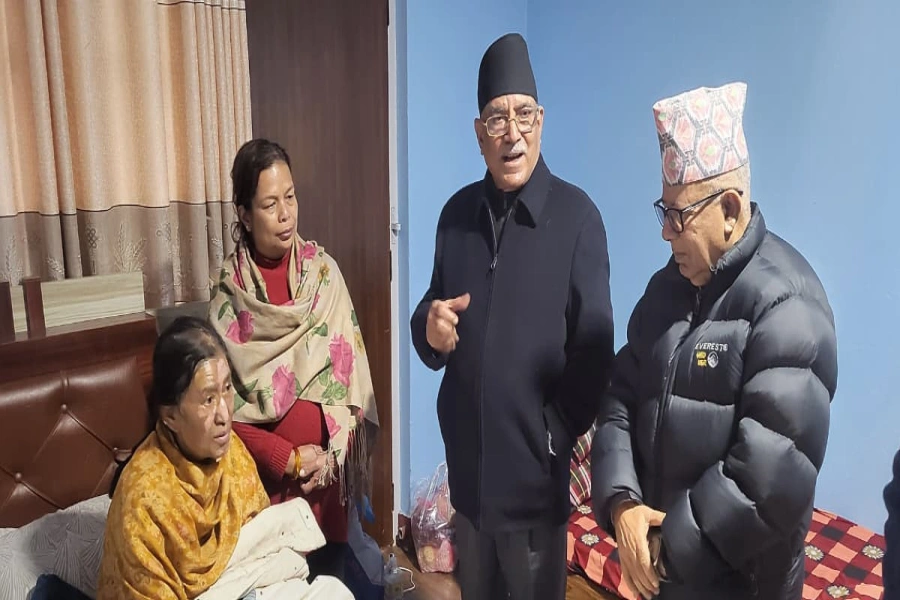Both the internal and external forces of modernization have contributed to such momentum. The polarization among these forces and mind-sets that was quite essential in order to provide a direction to the worn-out society seems to have reached a point of zenith. The present national and international contexts are compelling us toward the meetings of minds. After all; conflict is not only the means for salvation. Cooperation does have its own merits.
Nevertheless inquisitive minds should not distract themselves from the two most pressing questions: Cooperation for what and what would be the process and means adopted for the cooperation? There seems to be little confusion among the majority of stakeholders while addressing the first ‘what’ question. When directed by the utopian idea, majority of our social and political actors and institutions legitimize cooperation as a weapon or a means to change the status of underprivileged lives to decent one, challenge the ills of history and alter the structures and sub-structures of society that enhances coercion. Unfortunately; when oriented by materialism, majority of them legitimize cooperation to capitalize power.
However; there remains wide range of varied opinions while addressing the second question which is related to the ‘processes’ and ‘means’. Bifurcated camps in the names of ‘traditional’ and ‘progressive’ have been waging the battle of ideas putting forth their logics, the genesis of which can be explored from the contexts that shaped the mindsets of these individual scholars. And every context is true to those who have experienced, shaped and lived by it. Unfortunately; what has been missing is an attempt to understand or engross on why each particular context is legitimate to those who have been advocating certain kind of belief systems.
Since no single context and idea have the capacity to free Nepali society from its ills, it is required that we introspect into multiple contexts and ideas much more objectively. The range of contentious issues in relation to our politics and society has occupied the best of our minds. Nevertheless; in spite of such rigorous attempts, our minds have not been able to produce any ‘best’ failing to provide direction or break the shackle of our staled politics.
The reason is there is no distinction between these progressives and traditionalists in terms of the nature and scope of their motives, ends and means. The so-called Nepali progressives have been attempting to dismantle every bits and pieces of history and institutions in order to shift the ‘power’ to those who have been denied that so far. Traditionalists are attempting to resist progressives to retain the same ‘power’ they have been enjoying for so long. There is a common thread of power which ultimately binds and orients them to achieve their stated truths—´power´.
Interestingly enough, there is a commonality among them in terms of means as well. Violence has become the order of the day because both sides have legitimized it in their own capacity. Barrington Moore has pointed out, “If revolutionary violence is open and dramatic, the violence stemming from ruling institutions (resulting in repression and preventable death) may be no less extensive.” Therefore, to the larger degree, both the traditionalists and progressives scholars are one and the same, but they require a rethinking in their motives, ends, means and, most importantly, ideas.
In spite of several weaknesses, both these camps have a merit to logically argue what they stand for. And they have to be respected for their logics and stands. Nevertheless; Nepali society needs an invention of alternative models of life—a life that is neither completely traditional nor progressive, particularly when progressivism is synonymous with uprooting all the positive elements of the traditional past. After all; both the traditional and modernized values have their own merits and limitations. What is required is what proportionate of these values are mingled together to suit the present context.
Society therefore requires a thinking that transforms our attention from the petty political events of actors so that we can converge our thinking for the higher innovation. Innovation does not demand the total convergence of different ideas into a single one. What it demands is a commitment for ´convergence for ideas´ aimed at personal and national liberation. High-voltage political changes that took place in the last 60 years have dismantled all those values that were once central to our culture, society and polity. And our failure to create new values in the changed context has invited chaos and anarchy in our social and political lives.
No longer can we prolong taking everything for granted. Should politics be allowed to be guided by those trends that establishes criminals, corrupts and extremists at the centre? What moral values should society seek from politics when overpowered by such trends, elements and actors? What constructive role can society and civil institutions play in order to bring politics at the right track? Is there a need to resurrect those indigenous institutions that were once hallmark in bridging the societal conflicts?
Occupy Wall Street movements, Arab Springs and our own indigenous movements are testimonies that guide us to question those values that have created a greater divide between the rich and the poor, marginalizing the underprivileged for centuries. There is enough room for Nepali society and the traditionalists to reflect that policies and systems that contribute to such scenarios will no longer be accepted. On the other hand, there is a need to fine tune changes in such a way that the interest of both the masses and the elites are served and the merits of history, culture and indigenous knowledge is passed from one generation to the other.
This is a Herculean task. And this at least requires a convergence of ideas that put ´values´ at the centre. David Easton once remarked, "A political scientist should sensitively respond to the urgent problems of society and to the emerging social needs and try to articulate a sophisticated system of values." I wonder whether we are prepared for such a Herculean task.
The writer is the author of Unfinished Journey: The Story of a Nation
sharmasumit77@gmail.com
Policy Convergence and Small Changes: An Economic Idea Left Beh...






